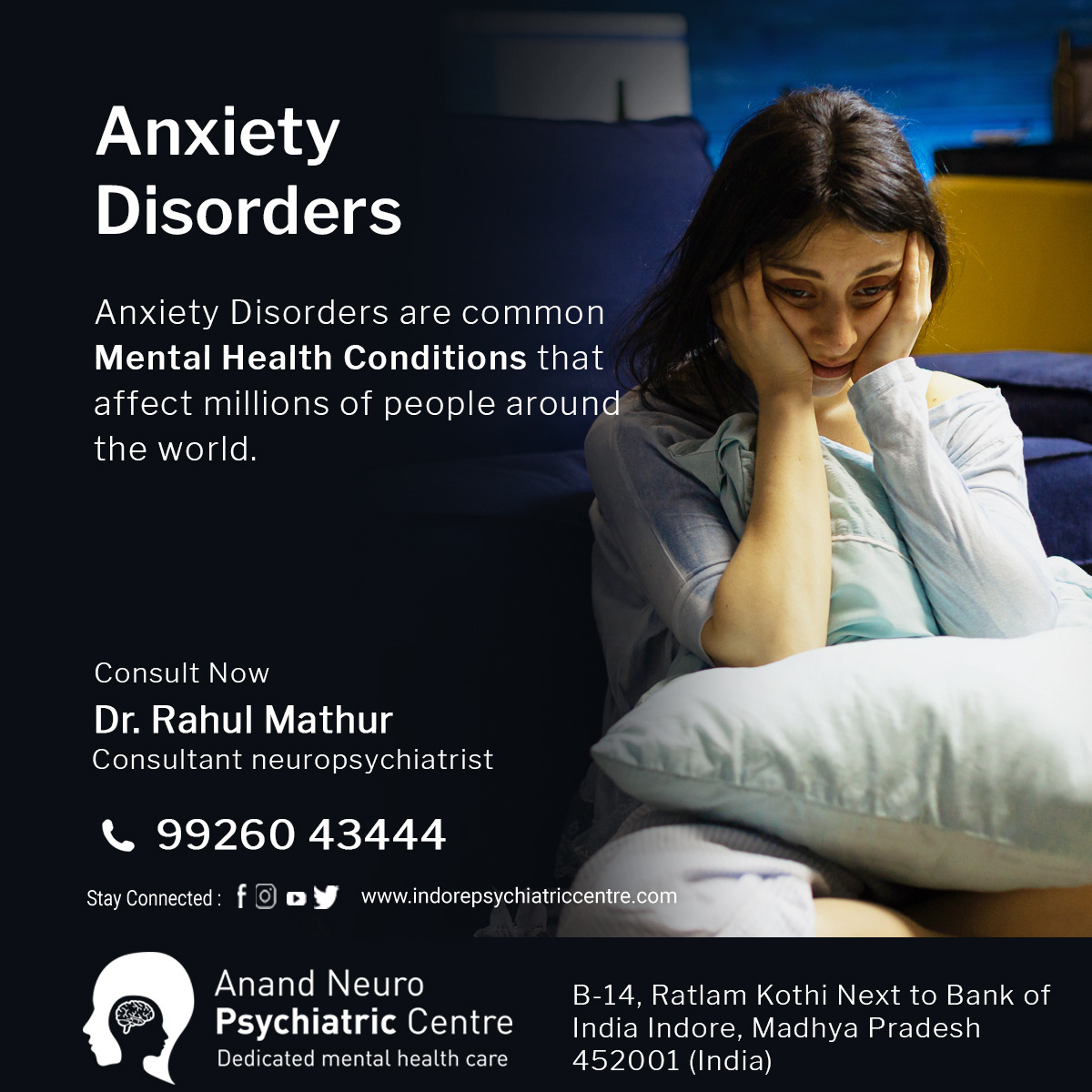- Have any questions?
- +91 99260 43444
- [email protected]
Anxiety Disorders, Causes, Treatment – Indore Psychiatric Centre
Opioid Dependence, Causes, Treatment – Indore Psychiatric Centre
February 6, 2023Post-Traumatic Stress Disorder (PTSD), Causes, Symptoms, Treatment – Indore Psychiatric Centre
March 27, 2023Anxiety Disorders, Causes, Treatment – Indore Psychiatric Centre
- 6 आम चिंता विकार क्या हैं?
- 7 anxiety disorders
- all anxiety disorders
- anxiety and anxiety disorders
- anxiety disorders
- anxiety disorders according to dsm 5
- anxiety disorders and depression treatment market
- anxiety disorders and substance use
- anxiety disorders classification
- anxiety disorders definition
- anxiety disorders dsm
- anxiety disorders dsm 5
- anxiety disorders examples
- anxiety disorders icd 10
- anxiety disorders images
- anxiety disorders in adolescence
- anxiety disorders in psychology
- anxiety disorders in teens
- anxiety disorders introduction
- anxiety disorders list
- anxiety disorders may be characterized by
- anxiety disorders ppt
- anxiety disorders slideshare
- anxiety disorders statistics
- anxiety disorders symptoms
- anxiety disorders symptoms in adults
- anxiety disorders to fear of snakes is known as
- anxiety disorders treatment
- anxiety disorders treatment without medication
- anxiety disorders types
- anxiety symptoms in women
- are anxiety disorders treatable
- ayurvedic treatment for anxiety disorders
- best doctor for anxiety disorders in india
- causes of anxiety disorders
- celebrities with anxiety disorders
- classification of anxiety disorders
- classify anxiety disorders
- cognitive therapy of anxiety disorders
- common anxiety disorders
- definition of anxiety disorders
- depression and anxiety disorders are the same
- depressions and anxiety disorders are the same
- different anxiety disorders
- different types of anxiety disorders
- different types of anxiety disorders and their symptoms
- do anxiety disorders go away
- drugs for anxiety disorders
- dsm 5 anxiety disorders
- dsm 5 anxiety disorders list
- epidemiology of anxiety disorders
- famous athletes with anxiety disorders
- fear and anxiety disorders
- food for anxiety disorders
- generalized anxiety disorder
- generalized anxiety disorders
- how common are anxiety disorders
- how to prevent anxiety disorders
- icd 10 anxiety disorders
- icd classification of anxiety disorders
- images of anxiety disorders
- in most anxiety disorders the person's distress is
- list anxiety disorders
- list of anxiety disorders
- major anxiety disorders
- mcq on anxiety disorders with answers
- medicine for anxiety disorders in india
- mood and anxiety disorders
- multiple anxiety disorders
- nursing diagnosis for anxiety disorders
- nursing management of anxiety disorders ppt
- other specified anxiety disorders icd 10
- phobic anxiety disorders
- physical symptoms of anxiety
- prevalence of anxiety disorders
- primary types of anxiety disorders
- psychological anxiety disorders
- quiz on anxiety disorders
- rare anxiety disorders
- separation anxiety disorders
- smoking and anxiety disorders
- symptoms of anxiety disorders
- symptoms of stress and anxiety disorders
- the core features of anxiety disorders are
- the following are examples of anxiety disorders except:
- the freudian explanation of anxiety disorders emphasizes
- therapy for anxiety disorders
- to understand anxiety disorders we need to take account of
- treatment for anxiety disorders
- two anxiety disorders
- type of anxiety disorders
- types of anxiety disorders
- types of anxiety disorders dsm 5
- types of anxiety disorders in psychology
- types of anxiety disorders ppt
- types of social anxiety disorders
- understanding depression and anxiety disorders
- various anxiety disorders
- What are 10 types of anxiety disorders?
- what are anxiety disorders
- What are the 5 main anxiety disorders?
- What are the 6 common anxiety disorders?
- what are the 6 types of anxiety disorders
- what are the anxiety disorders
- why was ocd removed from anxiety disorders
Anxiety Disorders
Anxiety Disorders are common mental health conditions that affect millions of people around the world. They are characterized by feelings of worry, fear, and nervousness that often lead to interference with daily activities and normal life.
What are The Causes of Anxiety Disorders
There are several factors that can contribute to the development of anxiety disorders. Some of the common causes include:
- Genetics: People with a family history of anxiety disorders are more likely to develop the condition themselves.
- Brain Chemistry: Changes in brain chemistry can also contribute to anxiety disorders. Imbalances in neurotransmitters like serotonin and dopamine can cause feelings of anxiety.
- Environmental Factors: Traumatic events such as abuse, neglect, or violence can trigger anxiety disorders. Chronic stress can also play a role.
- Medical Conditions: Certain medical conditions like thyroid disorders, heart disease, and diabetes can also contribute to the development of anxiety disorders.

How to Treat Anxiety Disorders
There are several effective treatments available for anxiety disorders. Some of the common treatments include:
- Therapy: Cognitive-behavioural therapy (CBT) is a type of talk therapy that helps people identify and change negative thought patterns and behaviors that contribute to anxiety. Exposure therapy, which involves gradually facing fears, can also be helpful.
- Medication: Antidepressants and anti-anxiety medications can be effective in reducing symptoms of anxiety disorders. These medications should be taken under the supervision of a healthcare provider.
- Lifestyle Changes: Regular exercise, healthy eating, and good sleep habits can also help reduce anxiety symptoms. Relaxation techniques like deep breathing, meditation, and yoga can also be helpful.
Conclusion
Anxiety disorders can be debilitating, but with the right treatment, people can learn to manage their symptoms and improve their quality of life. If you or someone you know is experiencing symptoms of anxiety, it is important to seek professional help.
Dr. Rahul Mathur
Consultant Neuropsychiatrist
